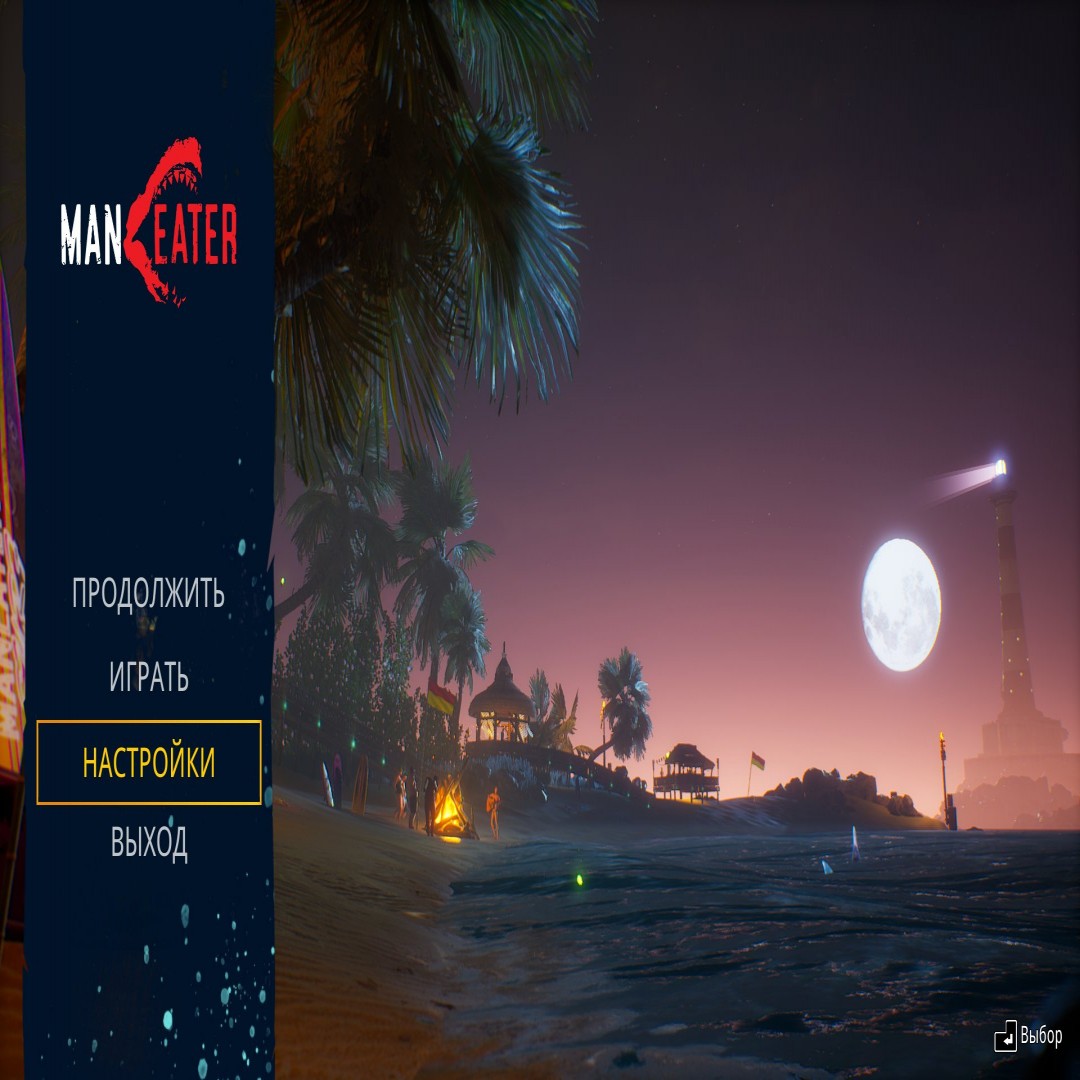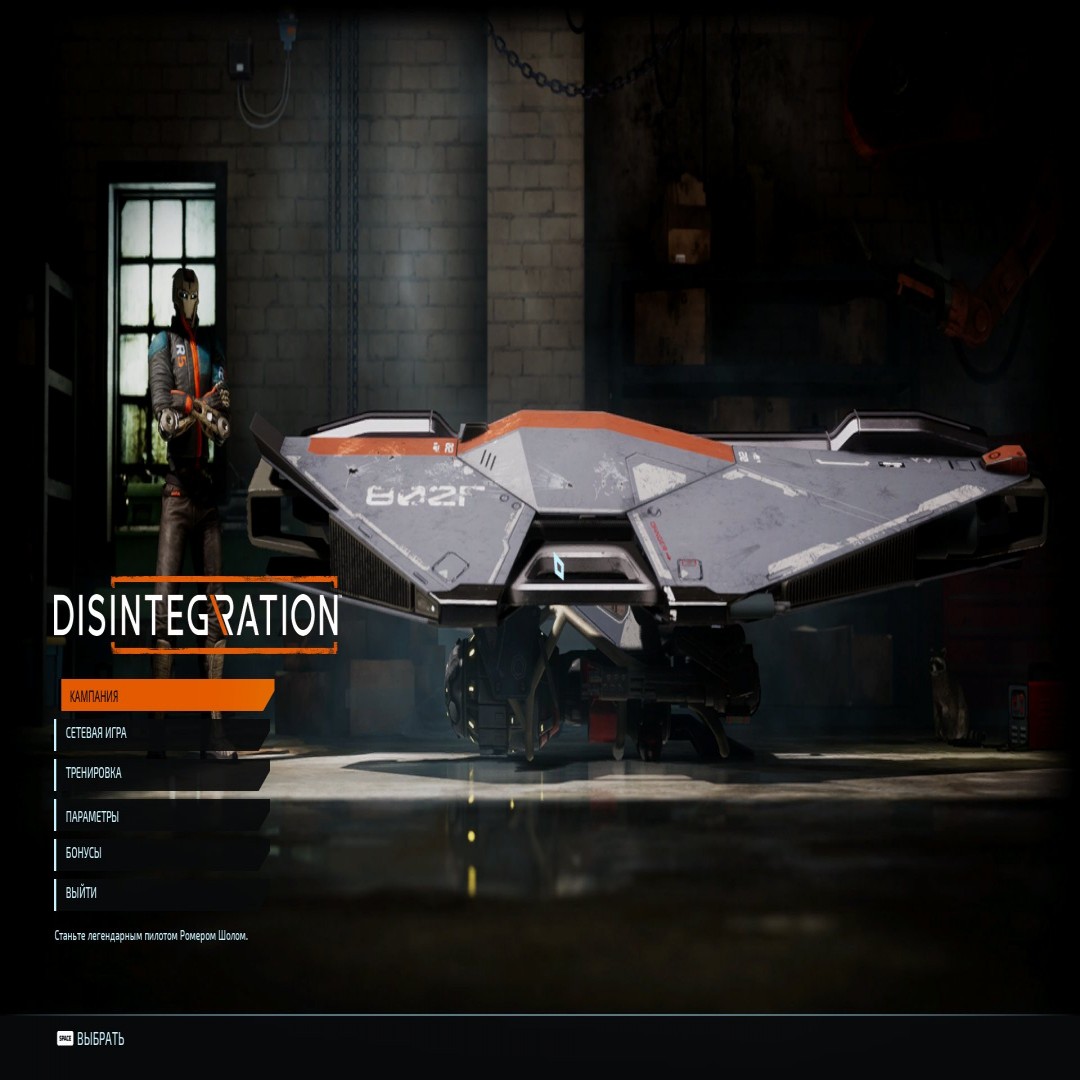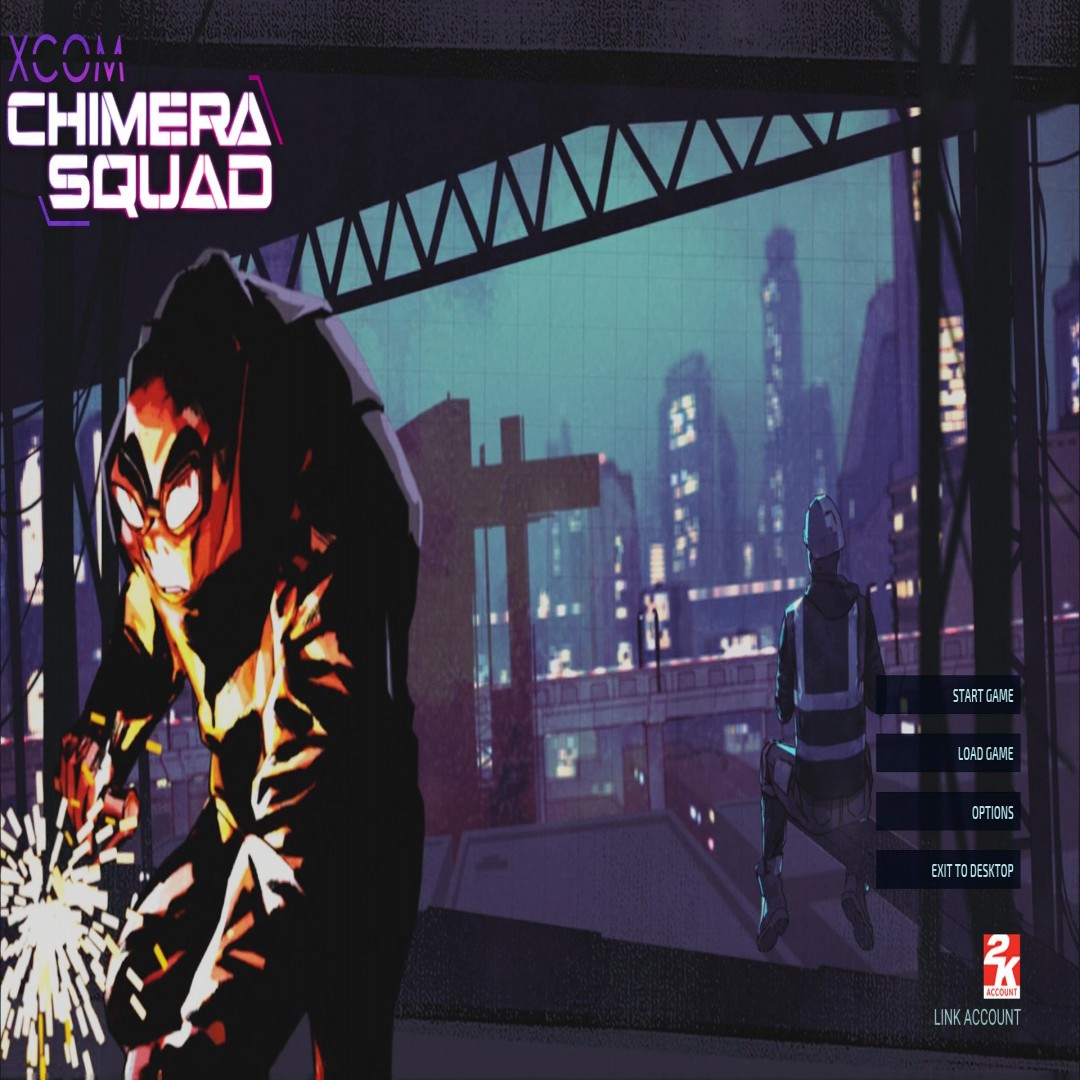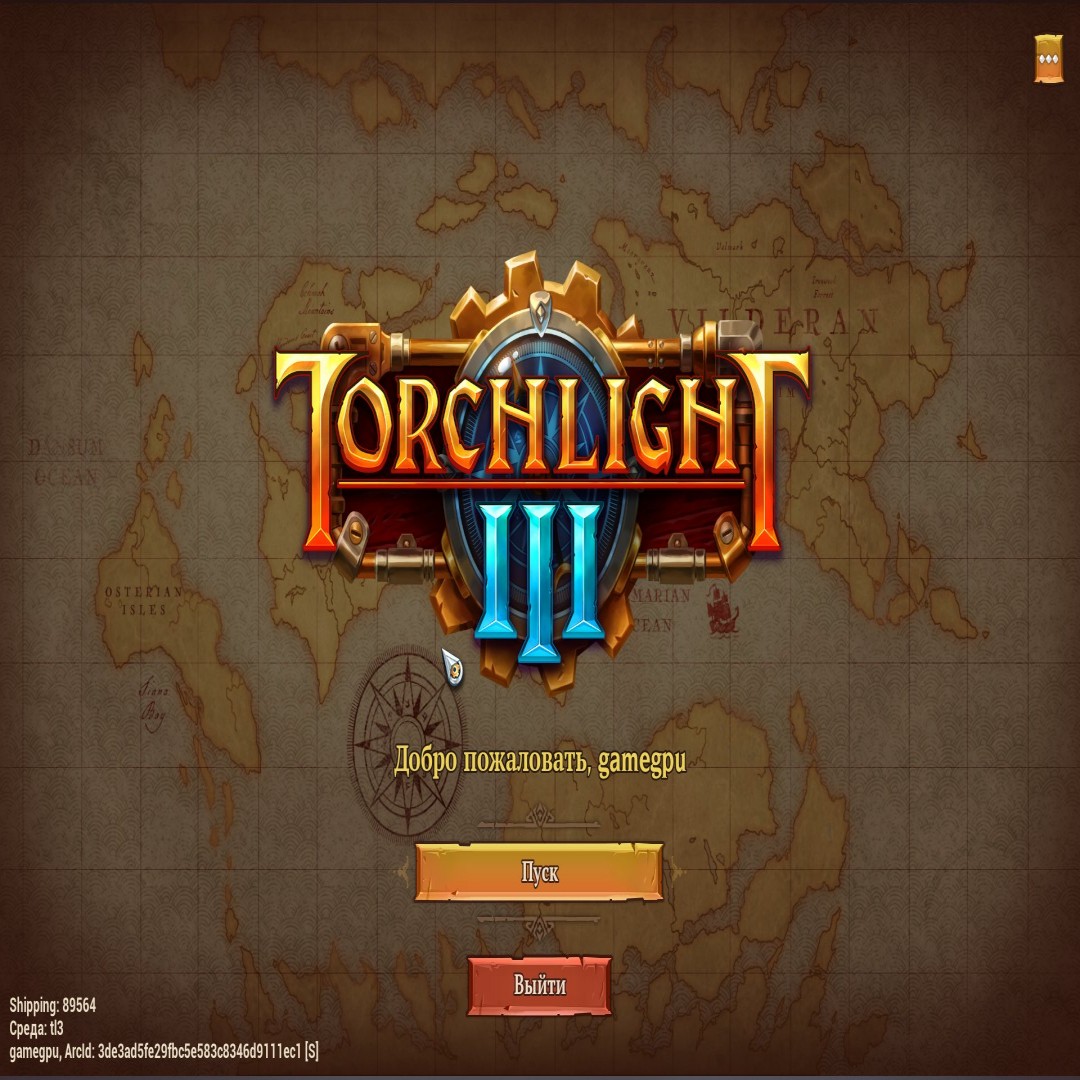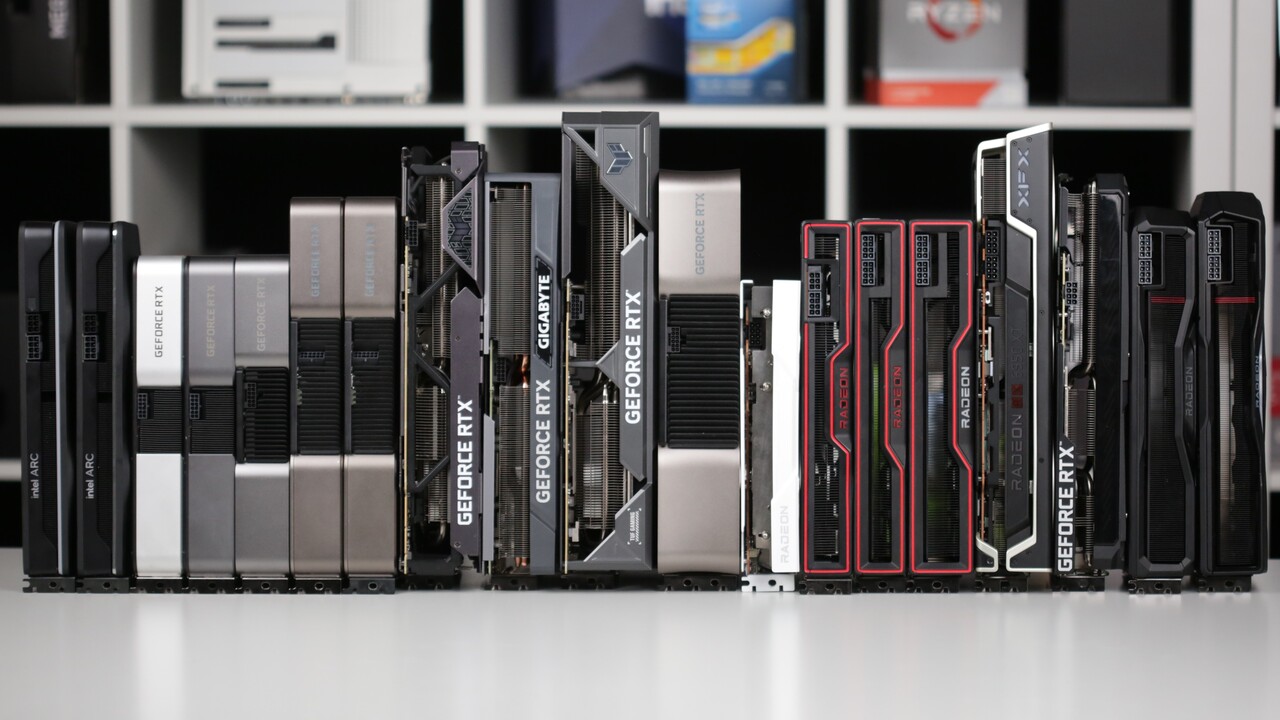that you lie about 5700 being faster than 2060S ? The fact that navi doesn't support dx12 ultimate features like vrs and mesh shaders,doesn't support simultaneous fp+int execution,doesn't support dlss ?
give us break with kepler 600 as your reference.those are a decade old.
Boy, keep yourself in check, nobody is lying here. I referenced 5700 unlocked / overclocked, it is a point, but not the one I wanted to bring. Seems I remembered wrong, shit happens.
But if you do not know about Vram being useful over the years, as historically proven, you do not know much about GPUs anyway.
You're not wrong, but its too much of a blanket statement when you put it like this and apply it to everything existing in GPU land ever. Each card is about the right balance, and about meaningful differences. When you speak of 3GB versus 4GB or6GB mid range cards like the 1050ti - 1060 - 1060 6GB example then YES... the larger capacity immediately translates to a higher life expectancy. But at the topic's comparison, most certainly not.
Ah, I do not agree, sorry. Historically it was proven many times that "stronger" GPUs, or barely stronger ones, like the GTX 680 and 780, and also 780 Ti, can come falling down, when hitting their limits over the years. In every regard, the Radeon GPU that was 1-5% slower, as Nvidia intended, was later overthrown and is now very much behind. The same can happen to the 2060 Super vs the 5700.
However, that being said, I do not recommend the 5700 - it is only better, if unlocked / overclocked, which I do not expect here. Fact is, I wouldn't buy any of these, 5700
XT is best.




